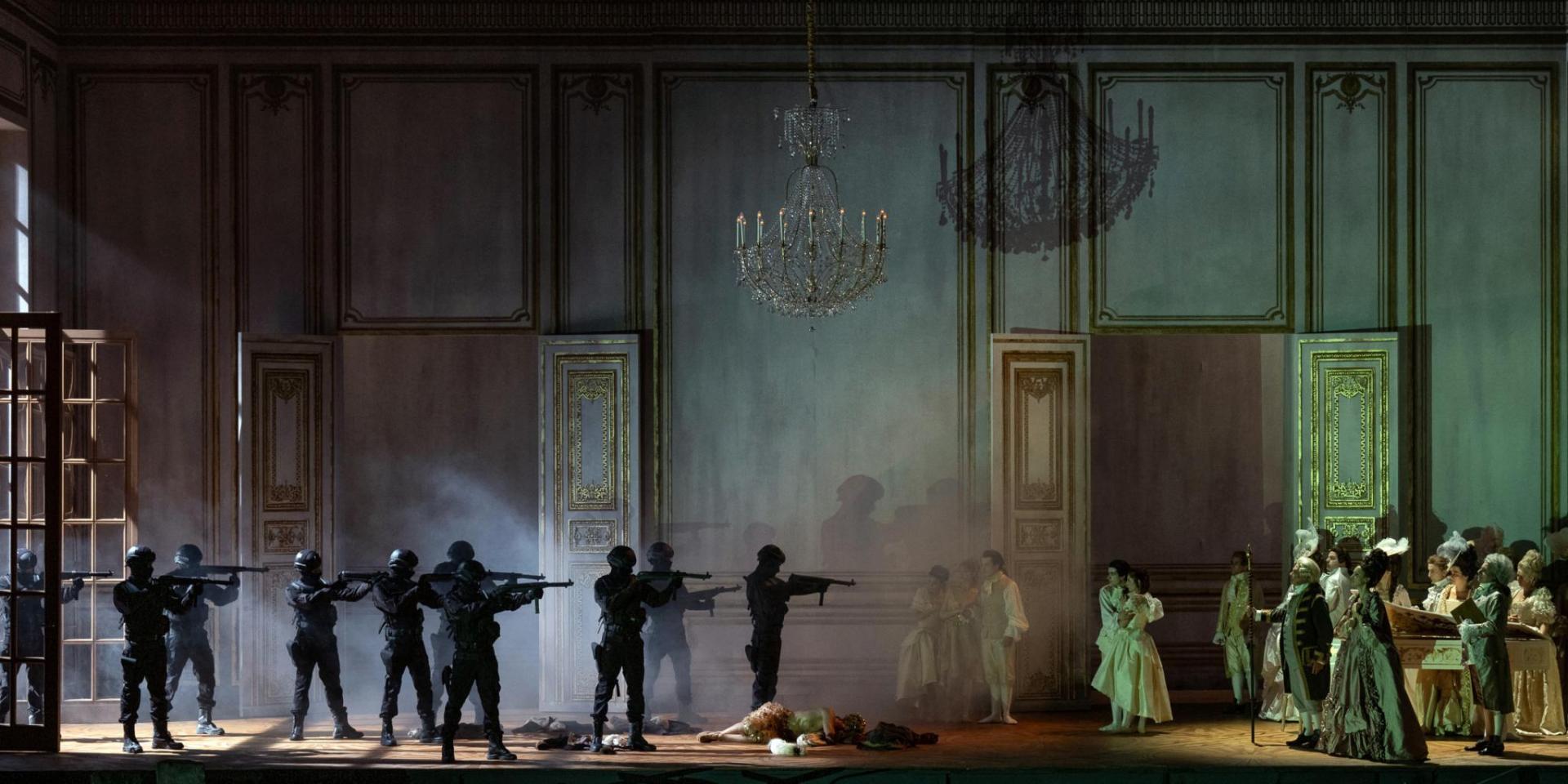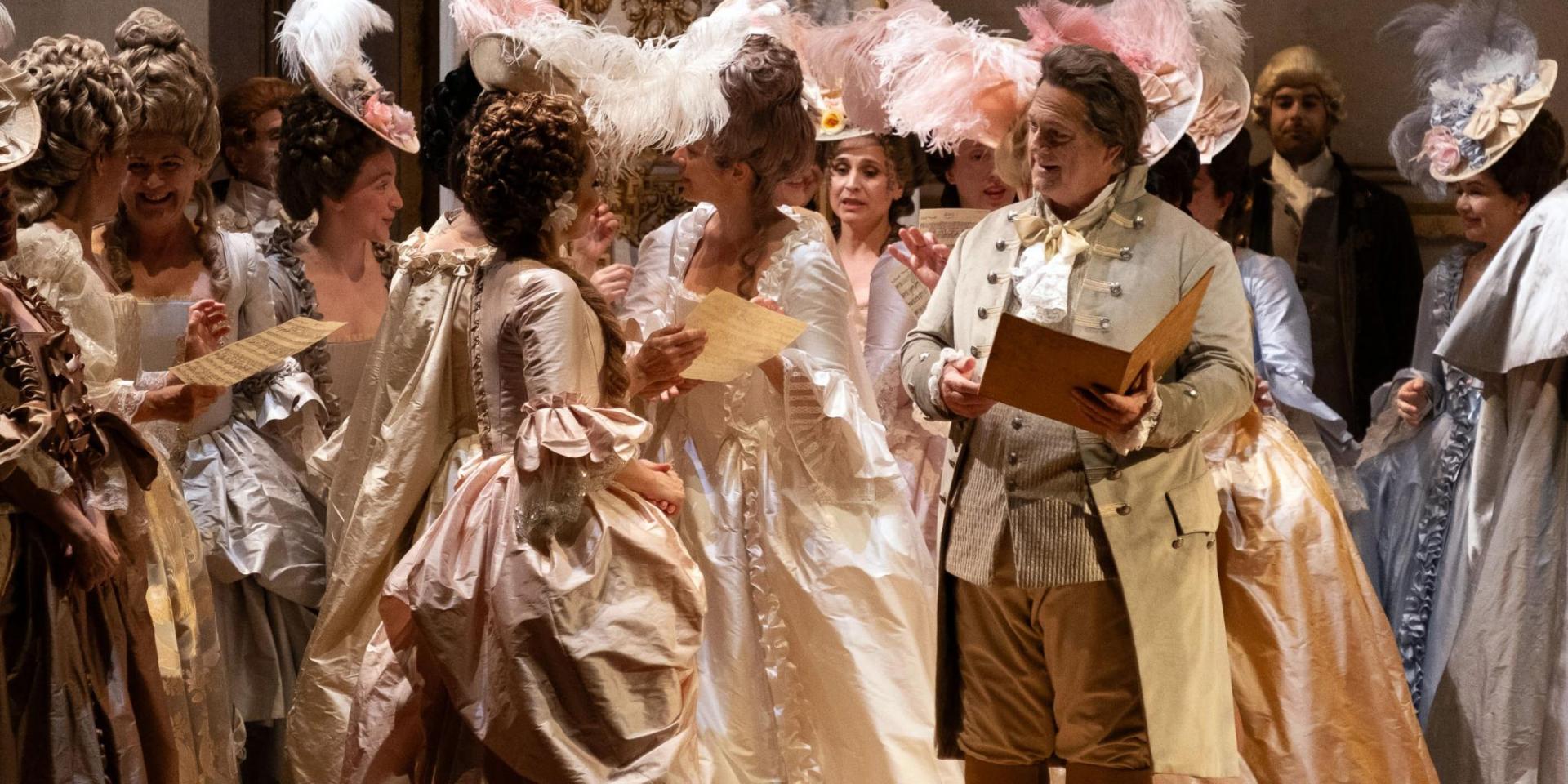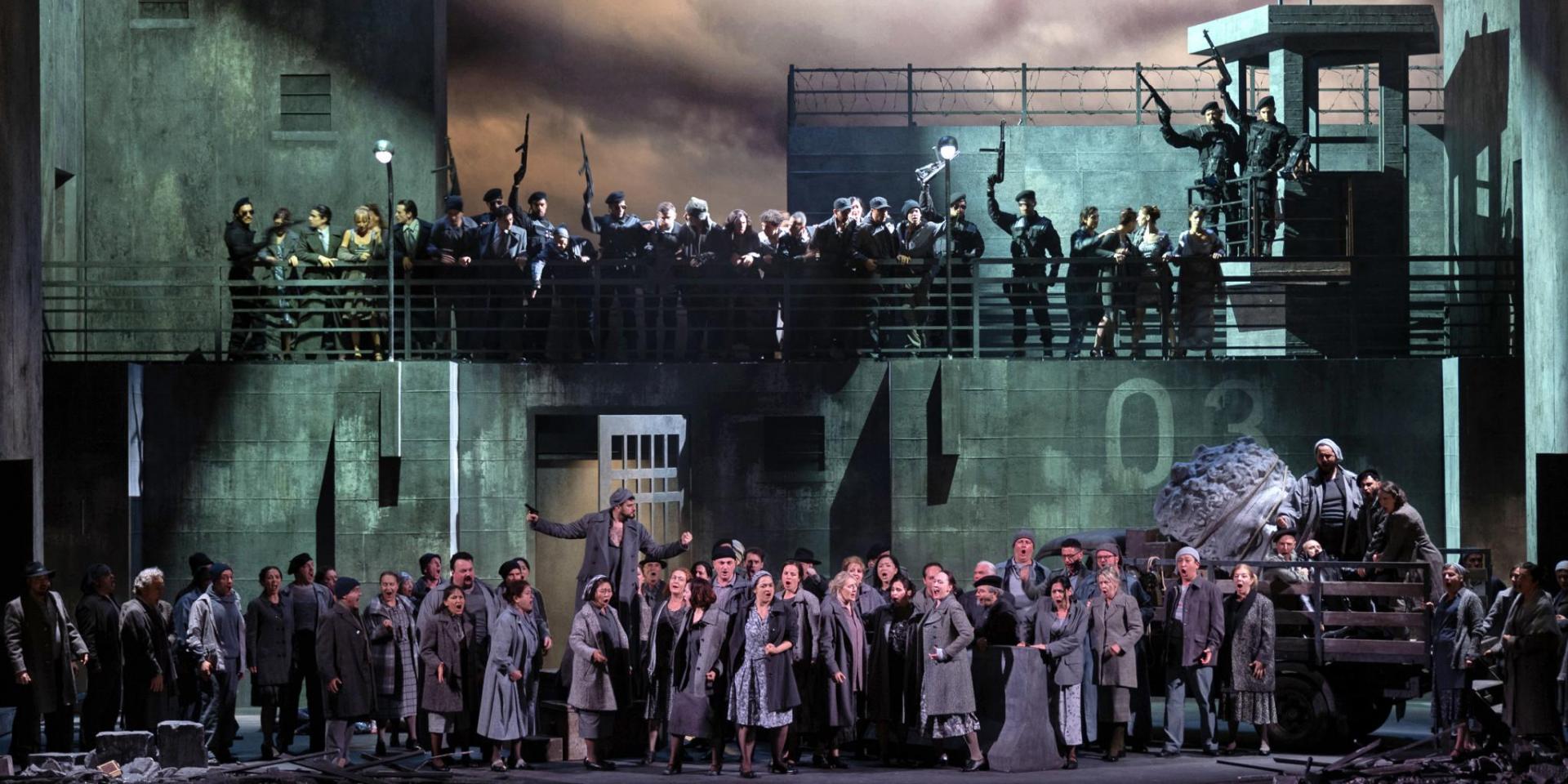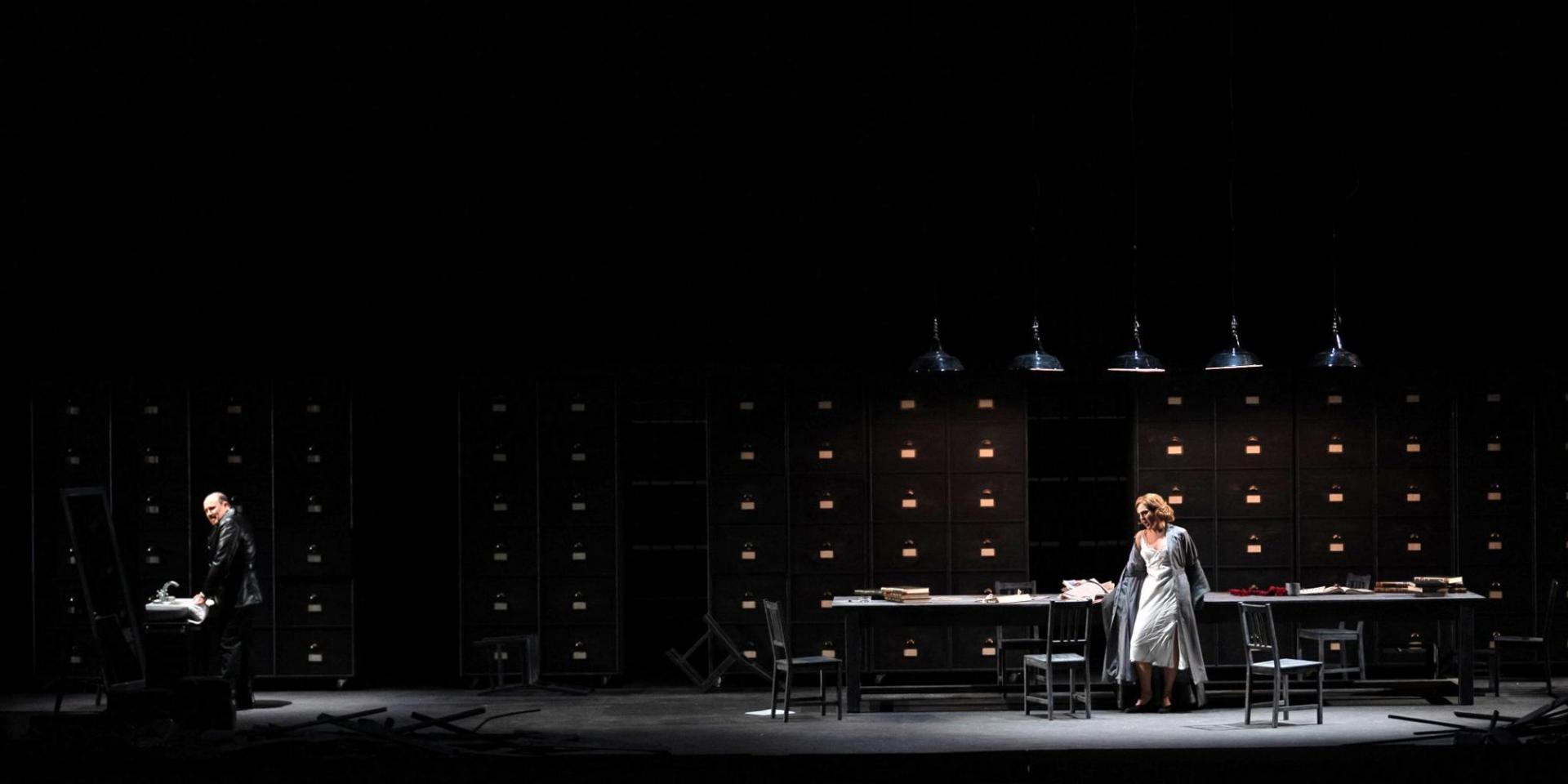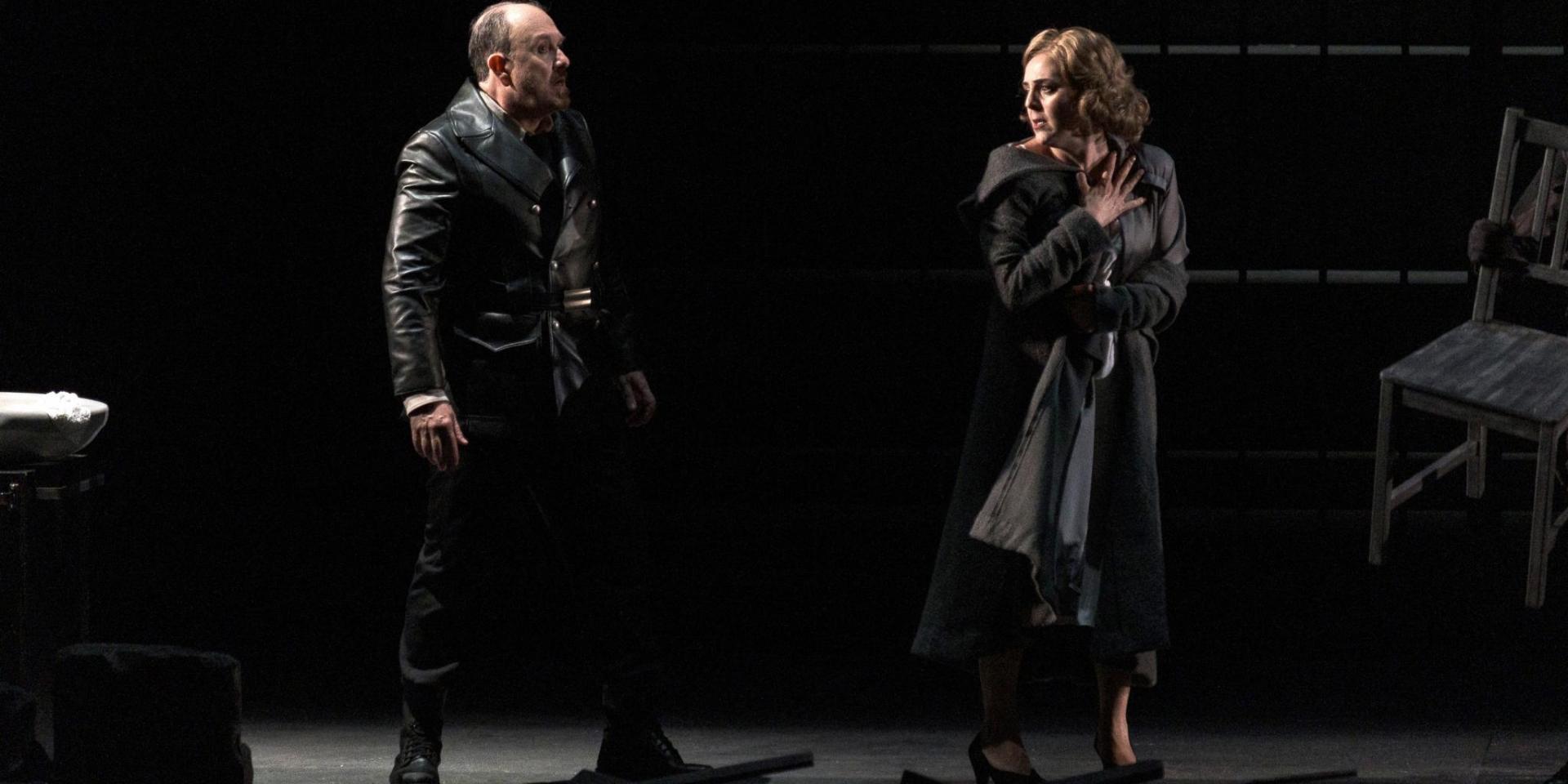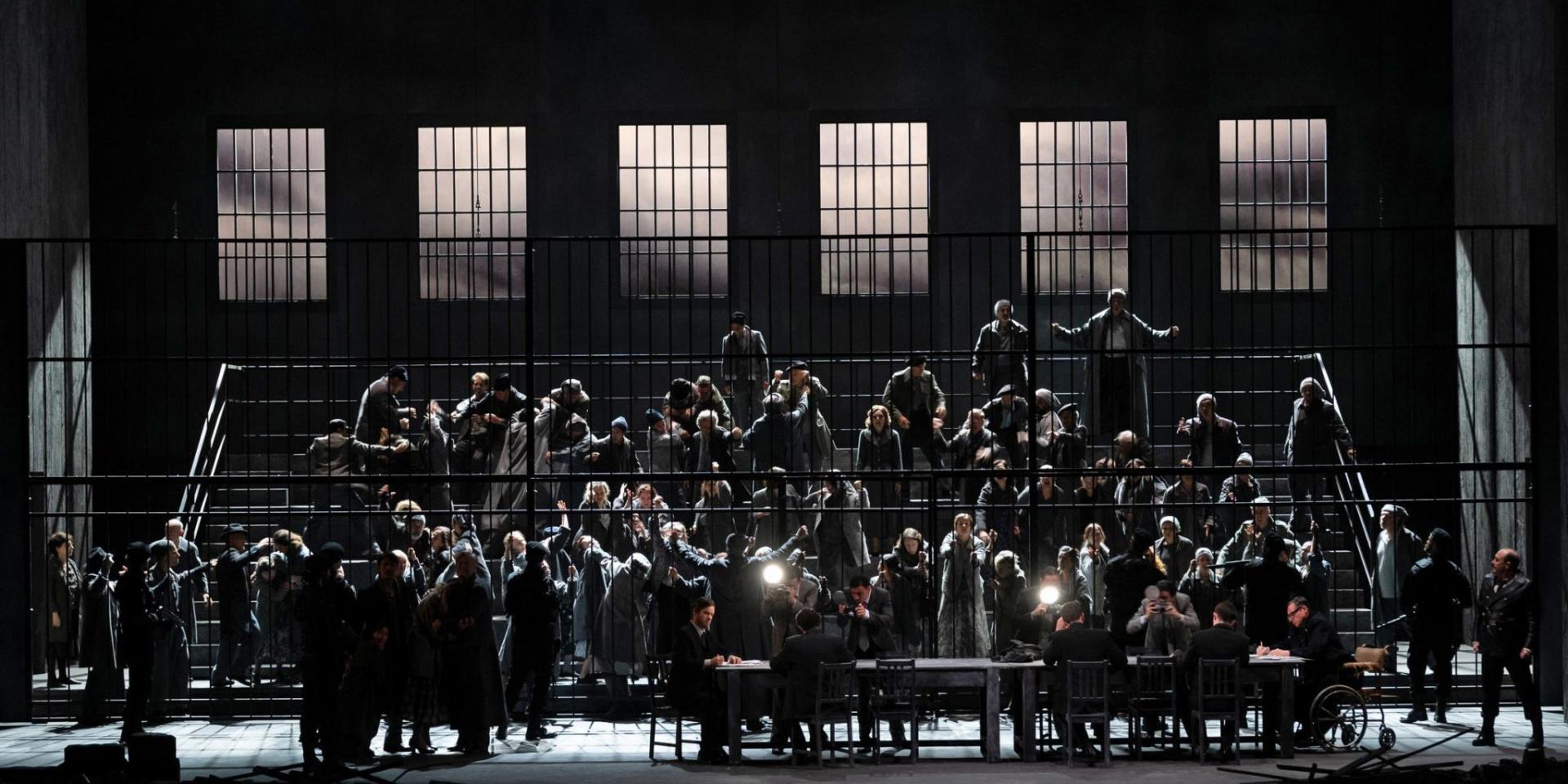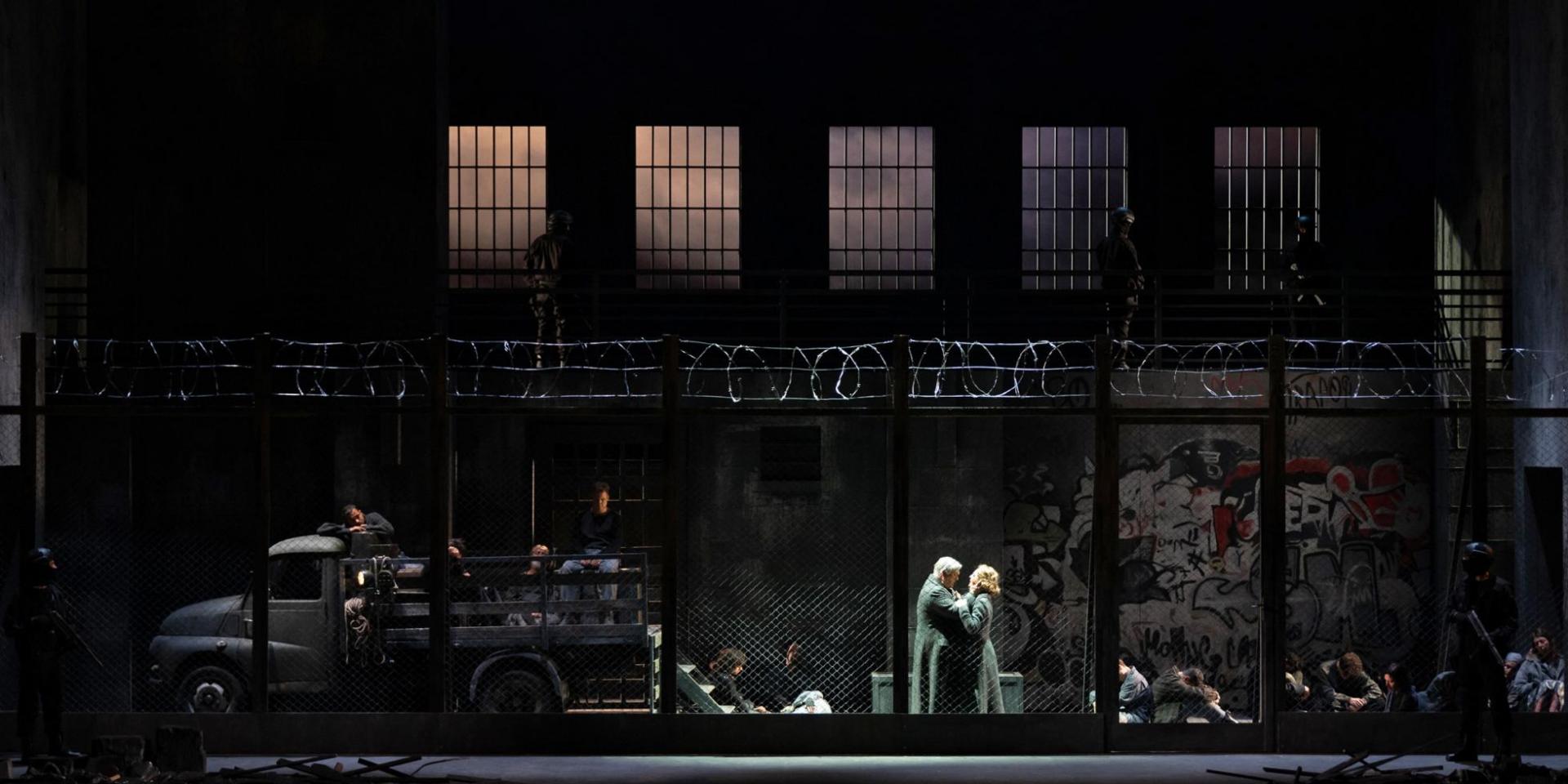Andrea Chénier | Umberto Giordano
“A complete triumph. Twenty curtain calls for the artists and maestro,” wrote the publisher Sonzogno in a telegram in March 1896 to announce the overwhelming success of Andrea Chénier to the librettist, Luigi Illica, who had so skilfully transformed into an ardent tragedy the real-life story of a French poet who had fallen victim to the French Revolution. In the opera, Chénier is an idealist, helplessly swept up by the schemes of the Jacobin Terror and hopelessly in love with Maddalena, an aristocrat fleeing the revolutionaries. Victims of Gérard’s lust, the two remain united until the end. Encouraged by a libretto filled with historical details and characters driven by extreme passion, the composer Umberto Giordano reworked revolutionary marches such as La Carmagnole and wrote a true wealth of magnificent arias and duets. Few operas can boast such a great number of memorable pieces, including “Un dì, all’azzurro spazio,” “La mamma morta,” and “Nemico della patria,” to name just a few.
The vocal parts for the two ill-fated lovers are especially challenging, requiring expressive power and technical control, for which they will be sung by two acclaimed performers of truly great vocal standing, Gregory Kunde and Maria Agresta. Franco Vassallo will perform the role of their nemesis, Gérard. This staging of the opera will present the spectacular new production by Giancarlo Del Monaco, an experienced director of worldwide renown, who calls himself “an innovator in keeping with tradition.” Maestro Andrea Battistoni returns as new Music Director to the Teatro Regio podium, after his brilliant work with La Bohème last season.
Lecture-Concert: Wednesday 11 June at 6 pm - Piccolo Regio Puccini
Historical drama in four scenes
Characters and cast

Gregory Kunde

Angelo Villari

Franco Vassallo

Aleksei Isaev

Maria Agresta

Yolanda Auyanet

Vittoria Yeo

Mara Gaudenzi

Albina Tonkikh (Regio Ensemble)

Federica Giansanti
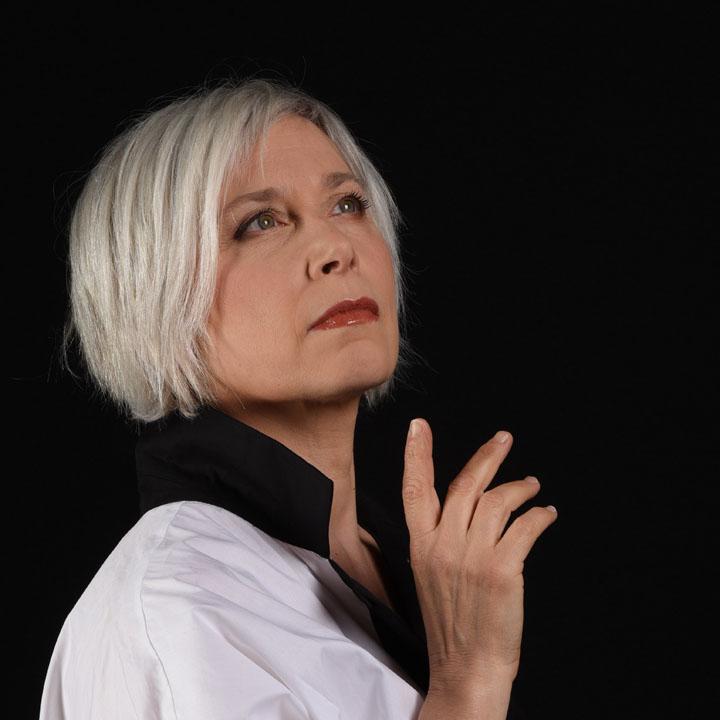
Manuela Custer

Adriano Gramigni
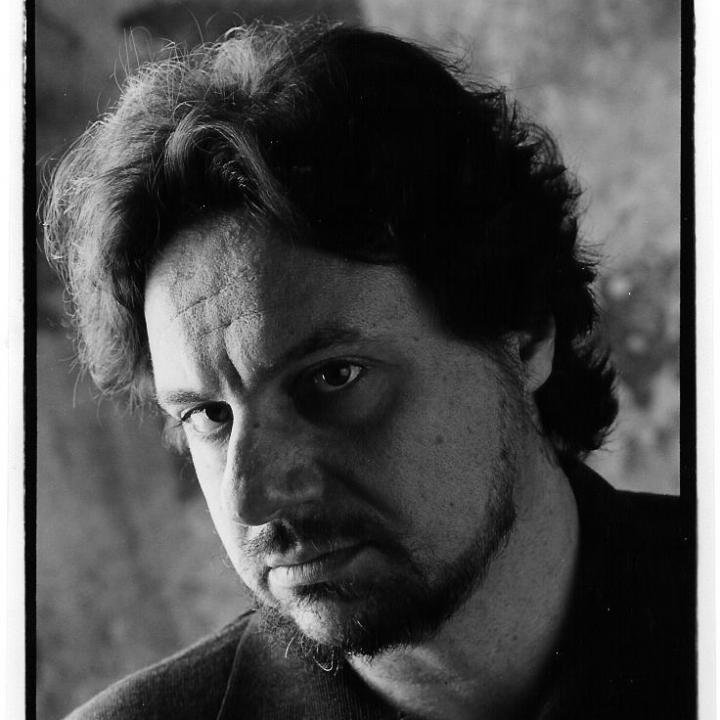
Nicolò Ceriani

Vincenzo Nizzardo

Riccardo Rados

Daniel Umbelino (Regio Ensemble)

Tyler Zimmerman (Regio Ensemble)

Janusz Nosek (Regio Ensemble)
Performances
Synopsis
atto
The action takes place in the greenhouse of the Château de Coigny. The French Revolution is upon us, but the French nobility continues to live a carefree existence. The Countess of Coigny is giving a party in her castle. The young servant Gérard, himself the son of a servant of the family, is busy decorating the greenhouse for the upcoming party and mulls over his hatred for his servile condition and his masters. Only one member of the family is spared from his hatred: the young Countess Maddalena, with whom he is secretly in love. The poet Andrea Chénier attends the party, but is subjected to criticism from the Countess and a prank from the flirtatious Maddalena. The young man vigorously defends his ideals against the corrupt customs of the time, which are leading society to ruin; he also implores Maddalena, whose innocence has struck him, to take greater account of a gentle feeling such as love, which has now fallen into the contempt of society. Madeleine, in turn struck by Chénier's words, apologizes and leaves the party, which is interrupted shortly after by the entrance of a group of beggars introduced by Gérard. The countess rebukes her servant, who indignantly takes off his livery and leaves with his father. The party resumes and the guests launch into a gavotte.
atto
In Paris near the Peronnet bridge. It is the time of the Reign of Terror and Robespierre is raging. Chénier, who has incurred the wrath of the revolutionary government, is constantly followed by an "Incredible" placed on his tail by Gérard, who has now become a leader of the revolution. An unknown woman has been writing to Chénier for some time asking for protection. It is Maddalena di Coigny, whose mother was killed by the revolutionaries, and who is forced to live in hiding, now reduced to poverty. The servant Bersi, who practices prostitution to earn money for herself and her former mistress (among other things, she herself acts as an intermediary with the poet), agrees to help her. Chénier is invited by his friend Roucher to leave to avoid being captured by the revolutionaries, but the young man first wants to meet the mysterious woman of letters. One evening, near the bridge, the two young people meet and Chénier immediately recognizes Maddalena, the haughty girl from the party now so profoundly changed. Love immediately blazes between the two, but suddenly, warned by the "Incredible", Gérard, still in love with Maddalena, bursts in. A duel breaks out between him and Chénier, while Maddalena flees. Chénier seriously wounds his rival and the latter, recognizing him, advises his assailant to flee with the woman he loves, for the sake of Maddalena, as he is wanted by the rioters. He declares to the people who gather there that he does not know the man who wounded him.
atto
In the revolutionary tribunal. France needs soldiers and money. Gérard, now recovered, tries to convince the crowd to donate for the war that the entire peninsula is waging against the nation. An old blind commoner, Madelon, offers her only fifteen-year-old grandson to the country, while the "Incredible", left alone with Gérard, urges him to hand Chénier over to the revolutionary tribunal, knowing that the news of his condemnation would spread quickly, reaching the ears of Maddalena. Gérard hesitates, disappointed by the turn of events: he has not abandoned his condition as a servant, since he is now the very servant of the Revolution and its tribunal of death. As expected, Maddalena presents herself at the Tribunal, and, after an attempted rape, offers herself to her former servant to save Chénier's life. Moved, Gérard promises to save the poet's life. During the trial, Andrea defends himself from all charges (Yes, I was a soldier): subsequently, Gérard retracts the accusation, which is however renewed by the public prosecutor Antoine Quentin Fouquier-Tinville. Chénier and the other prisoners are sentenced to death.
atto
The prison courtyard. Andrea Chénier, assisted by his friend Roucher, prepares to die and writes his last verses. Helped by the repentant Gérard, Maddalena manages to obtain an interview with Chénier and to bribe the guard. At dawn, when the soldiers come to take away the condemned, she replaces a prisoner, Idia Legray. She thus takes her place on the cart next to the man she loves. The two walk serenely towards death, enraptured in the ecstasy of their love. In a corner Gérard cries, while in one hand he holds the note written by Robespierre in response to his request for pardon: "Even Plato banished poets from his Republic".


